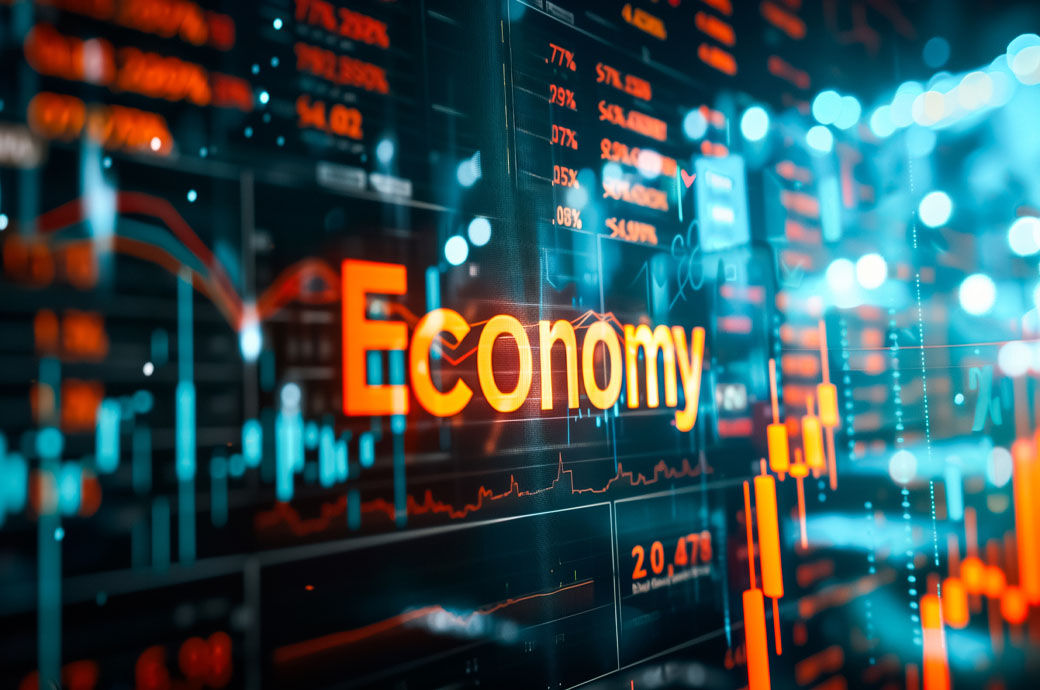
Inflation is proving to be sticky, primarily led by the services component, leading many central banks in the region to slow their pace of monetary policy easing, with Brazil and Honduras even reversing course.
Even though monetary policy has started to be eased in the region, rates remain high. This assumes importance given that non-performing loans (NPLs) have stabilised at elevated levels and in some countries are continuing to increase amid slowing economic activity, though NPLs have stabilised somewhat in Brazil and Mexico, the DNB document noted.
The onset of the US Federal Reserve’s easing cycle is likely to help central banks in the region to continue pursuing monetary policy easing. This would support most Latin American currencies, which, in turn, should boost consumption, DNB noted.
Nonetheless, policy uncertainty, in some of the countries in the region has been moderating, providing a tailwind to growth.
Besides, expected strong but moderating growth of the US economy, a resurgence in tourism and government initiatives to attract foreign investment, particularly in the critical minerals and renewable energy sectors, will also support growth, DNB said in the report.
Latin America is in the middle of a monetary easing cycle, with demand and, in particular, private investment likely to be supported by the lowering of interest rates. Inflation in the region moderated from October 2023 to April 2024; however, it began to rise again in May 2024, albeit at a moderate pace, particularly in countries such as Chile, Costa Rica, Uruguay, Bolivia, and Mexico.
Currency depreciation pressures, persistent services inflation—especially in Mexico and Colombia—and wage growth in some countries, along with a rebound in tourism, have contributed to sticky inflation.
Even as central banks continue to ease policy rates in 2025, they are unlikely to reduce them to historical lows, given that developed economies, particularly the United States, will not return to the nearly zero rates that prevailed at the end of the previous decade.
The primary risks for investors in this region include uncertainty regarding fiscal policy, political instability, the timing and pace of central banks' policy rate changes, and supply chain disruptions, particularly those caused by weather.
Political turmoil remains high in some countries, causing policy paralysis and posing risks to business continuity DNB cautioned.
Venezuela is experiencing a severe economic, social and political crisis. The European Union, the United States and several Latin American nations have not officially recognised Nicolas Maduro’s contested re-election in the July presidential election, increasing the likelihood of international sanctions.
In Colombia, political stability is threatened by the president's potential attempts to bypass norms in order to push his reform agenda through by decree, especially after Congress rejected the proposed budget for 2025. Any peace agreements with rebel groups in the country are likely to be fragile, and ongoing conflicts with these groups pose significant threats to business continuity there, DNB observed.
In Ecuador, the president has declared that the country is facing an ‘internal armed conflict’ following the escape of gang leaders from prison, which has led to increased societal violence and a surge in criminal activities. The situation is hindering cross-border trade and exacerbating pressures on already strained supply chains, DNB added.
Fibre2Fashion News Desk (DS)